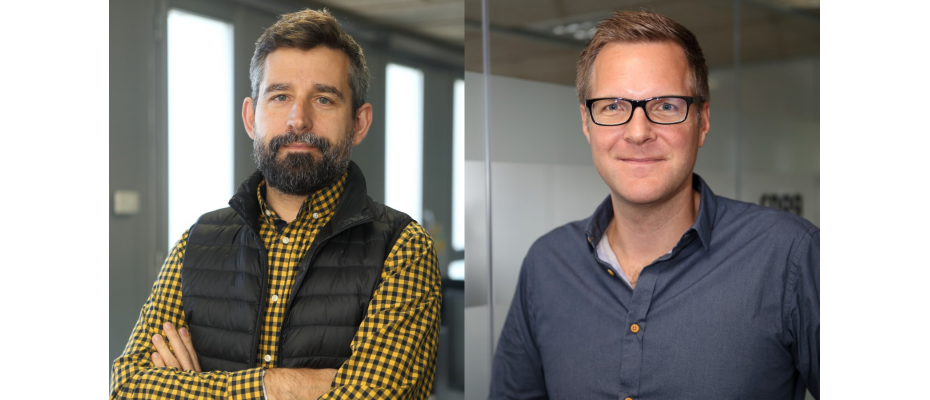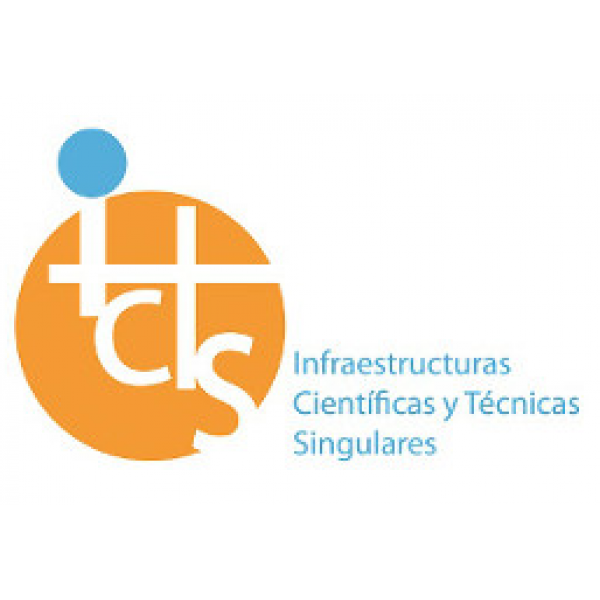
BCN, 12 June 2021.- Researchers at the Centro Nacional de Análisis Genómico (CNAG-CRG) are initiating two new research projects to combat the ongoing Covid-19 pandemic. The researchers will explore why some human tissues are more susceptible to infection than others, as well as predict which patients will get a severe form of the disease.
The eventual findings will lay the groundwork for the development of new ways to prevent and treat Covid-19. The two research projects will be funded by the latest call from Fundació La Marató, which dedicated its 2020 edition to funding research related to the pandemic.
Patients have varying outcomes for the progression and severity of Covid-19. Around 80% of infected people have almost no or very mild symptoms, with 15% showing severe symptoms and around 5% experience critical manifestations of the disease, resulting in high mortality rates.
Marc A. Martí Renom, ICREA Research Professor at CNAG-CRG, will lead efforts to identify the genetic determinants that underlie the variation in severity for people with Covid-19. Working alongside Ángel Carracedo (Universidade de Santiago de Compostela) and Pablo D. Lapunzina (Instituto de Investigación Hospital Universitario La Paz), the team will use an ‘omnigenic’ approach that leverage the three-dimensional arrangement and interaction of genes, to identify the potential biomarkers of severity that could be used to assess people’s individual susceptibility to the disease.
At the same time, our understanding of the specific interactions that allow viral entry in different types of cells remains limited. A lot of scientific research uses systems that lack the complexity of human tissue, which is composed of different cell types, each of which likely express different molecules relevant for viral infection. Comprehensive knowledge on the molecular biology of viral entry and how it affects different cell types would help the development of new ways of both preventing and treating infection.
Led by Meritxell Genescà at the Vall d’Hebron Research Institute and Joaquín Burgos at the Vall d’Hebron Hospital the La Marató has funded a project to perform a comprehensive analysis of how tissues including the nasal mucosa, lung, gut and kidney are susceptible to infection. Holger Heyn, leader of the Single Cell Genomics team at the CNAG-CRG, will carry out single-cell resolved characterization of different cell populations to pinpoint molecules that are crucial for viral entry into cells, as well as identify potential target molecules to block this process on subsequent experimental validation.
229 projects were presented for this year’s call for Fundació La Marató, which were evaluated by 98 international scientists. The Board of Trustees agreed to distribute €12,469,544.83 to 36 scientific research projects.










